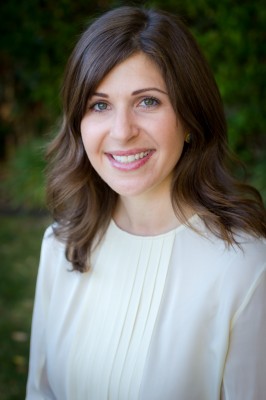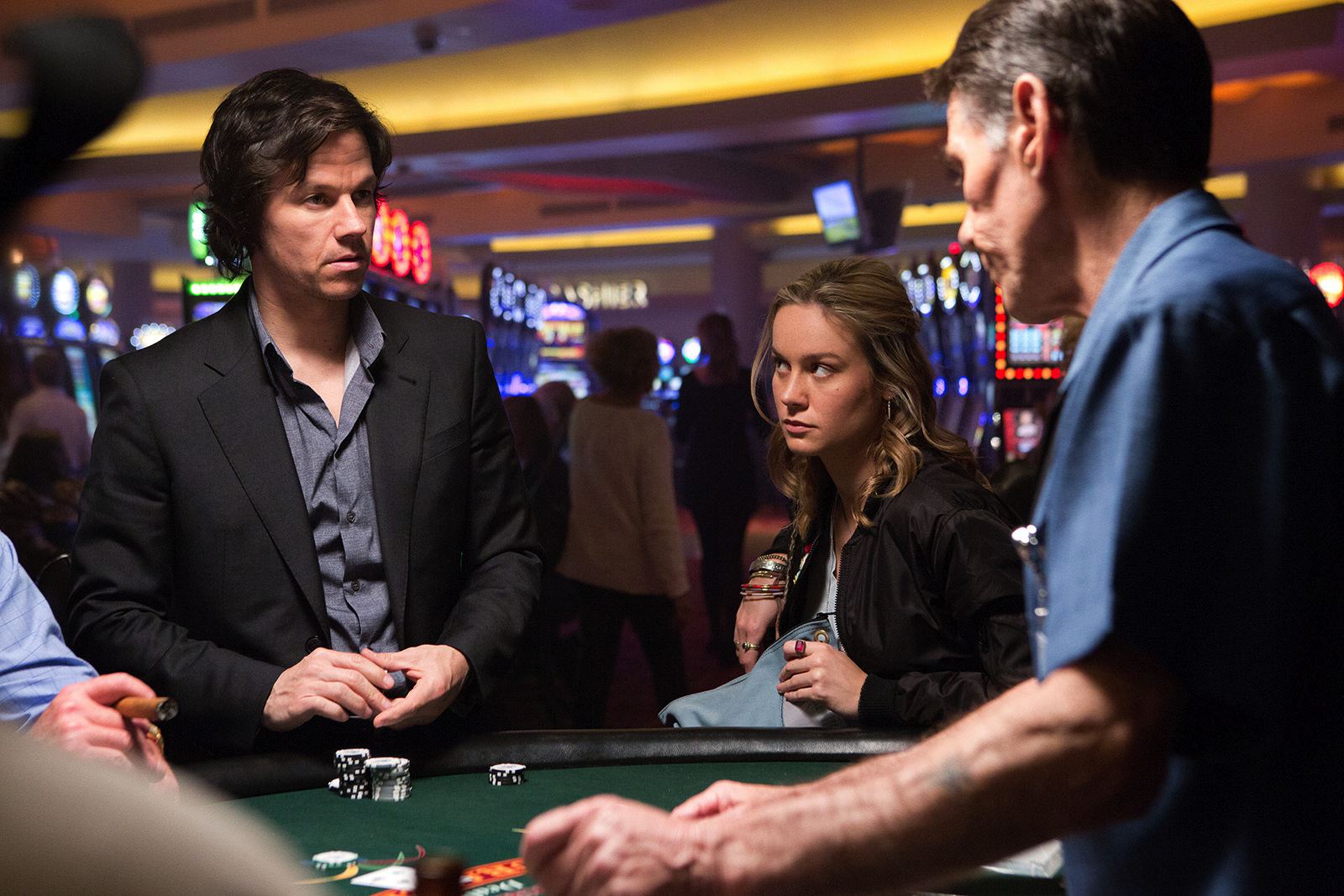“The Imitation Game,” which will be released in Boston Friday and nationwide Dec. 25, tells the story of the brilliant, socially awkward mathematician Alan Turing (Benedict Cumberbatch), who led the top secret British effort to crack the Nazis’ Enigma code during World War II. But Turing also lived with another major secret during his life. Despite a short engagement to colleague Joan Clarke (Keira Knightley), Turing was a homosexual, which was illegal in the United Kingdom until 1967.

Producers Nora Grossman, a 2005 College of Communication alumna, and Ido Ostrowsky chose this topic as the basis of their film in order to educate viewers on the genius and tortured life of Turing, as most are unfamiliar with his story. But it was a long and tough process for the first-time producers to actually reach the production stage.
“In the fall of 2009, Ido and I saw the prime minister apologize for the treatment of Alan Turing during the war,” Grossman told The Daily Free Press. “We thought that seemed a little belated and [we] also, admittedly, didn’t really know who Alan Turing was. We did some research and were fascinated, and also surprised, that we hadn’t heard of him beforehand.”
This, of course, was just the beginning for the pair, who decided that they wanted to base their film on a published work.
“Through our research, we found one of the main biographies,” Grossman said, referring to “Alan Turing: The Enigma” written by Andrew Hodges. “I went to London and met with the biographer and convinced him to give Ido and me the rights even though we had no credits or experience with feature films.”
In continued defiance of this lack of experience, Grossman and Ostrowsky were also successful in finding a screenwriter who would write a speculative script for free, taking a risk and hiring newcomer Graham Moore despite the fact that he was, at the time, writing for a sitcom.
“Graham was working for a half-hour comedy for ABC Family. So he didn’t seem like the obvious fit for a British period piece,” Grossman said. “But he had written a book called ‘The Sherlockian’ that hadn’t been published yet. It had a British component and a period component, which was much more on-brand for ‘The Imitation Game.’”
As the production team began to come together, Norwegian director Morten Tyldum came on board, making “The Imitation Game” his first English film. Grossman credits Tyldum for a large portion of the film’s success, along with Nina Gold, the casting director who helped the producers locate the best British talents.
“We were really fortunate to get the top talent in the U.K. [United Kingdom]. Everyone really came together to tell the story and they were all really passionate about it,” Grossman said. “Obviously people in the U.K. are a little bit more aware of Alan Turing, but they still weren’t as aware as you’d think. So this became a passion project for everyone. Everyone took pay cuts, but they wanted to be a part of this indie project. We were really lucky to have everyone that we got.”
Over all others, Grossman is most appreciative to Turing himself for the intelligence and innovation that he shared with the world.
“You can see his footprint everywhere,” she said. “I mean, he was the father of the computer theory and had he lived longer, I’m sure we would see a lot more developments in technology today. It was the [19]40s and he already had the blueprints to the computer we use today. We can credit him with a lot.”
Given Turing’s achievements, Grossman also said she was surprised at how long it took the British government to acknowledge how badly they treated him during the war, as Turing was only granted a posthumous royal pardon in December 2013 .
“His supporters have been petitioning for years to get him that pardon and that recognition,” she said. “The apology that [former U.K. Prime Minister] Gordon Brown made in 2009 was actually a response to people wanting the pardon for so long. I still think it’s crazy that it took so long.”
As for future projects, the producers have a lot on their plate. Not only do Grossman and Ostrowsky have an upcoming project with Paramount Pictures and Bad Robot Productions, but they also have a television show with Graham in the works, as well as a project with Julianne Moore and writer Emma Forrest.
But for now, Grossman said the pair is focusing all their attention on promoting “The Imitation Game.”
“The Oscar buzz is really exciting,” she said. “But for us right now, we just want people to go see the film. We want more people to learn about Alan Turing’s story and spread the word about his contributions to the world. That’s our goal.”























































































































LKaramazov • Dec 8, 2014 at 3:01 pm
Is she a jew? Thats what the people wanna know.
BU • Dec 8, 2014 at 12:37 pm
What does Ms. Grossman do in the entertainment business? Yes she is now a producer but what was she doing before that? She graduated 9 years ago and now she’s producing movies? How did she get that far?